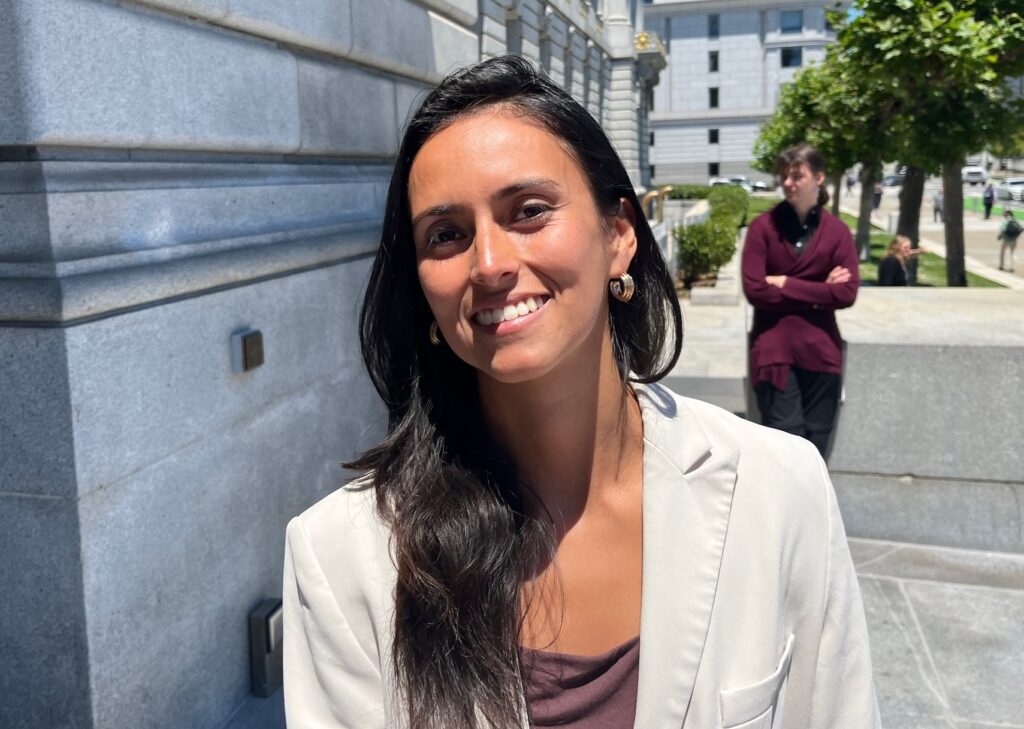Two thirds of likely San Francisco voters support the idea of a public bank, a new poll by the Public Bank Coalition shows.
It’s a pretty dramatic outcome for an issue that isn’t even on the ballot. Hardly any proposal gets 67 percent support the first time voters are asked about it.

The supes have approved the idea in concept, and a 2023 report shows it’s feasible and not terribly expensive.
The poll provides a big boost at a time when the city budget is tight and the mayor and the supes are more conservative than the 2022 board that moved the plan forward.
Yet there is at this point no organized opposition, and Sup. Jackie Fielder is preparing to take the next steps to fund at least the beginnings of a municipal finance agency.
The poll, by Underpin, a national consulting firm, found consistent support for a public bank across almost all demographics. Among millennial voters, who are the largest generation in US history, support was 75 percent.
From the polling memo:
Even among San Franciscans with higher risk aversion according to a standard attitudinal measure, support is above 68%. Predictably, younger voters and those with higher trust in government management of funds (high civic trust) were also more likely to support a public bank. Given this range of support, a public bank campaign would likely have strong baseline support.
More:
Most voters are more likely to support a public bank in San Francisco if it is a Green Bank. A green bank was defined as having an “initial focus on local renewable energy infrastructure, with profits used later for affordable housing and other community lending needs.” We compare more and less likely support across five parameters or frames: a green bank, “people over profits” + “lower costs” framing and “greater public control” framing. The final two framing questions also noted the intended investments of a public bank in affordable housing, small business growth, and green energy.
The questions were relatively neutral, not leading—and only about seven percent of people responding were strongly against the idea.
“San Franciscans, especially young people, are demanding bold solutions to today’s affordability and climate crises,” said Supervisor Jackie Fielder, co-founder of the San Francisco Public Bank Coalition. “A public bank is how we take our money back from Wall Street and reinvest it into housing, clean energy, and small businesses right here at home. This poll makes it clear: voters are ready for a Green Bank that works for the people, not for profit.”
The next step for the Public Bank Coalition is likely a ballot measure that will require some sort of funding mechanism—and that could be where Mayor Daniel Lurie and some of the supes play a role. Lurie’s not about to set aside money from the General Fund for a public bank, so supporters are going to need another approach.
But the high popularity of the concept will make it hard for anyone at City Hall to oppose the next steps.






